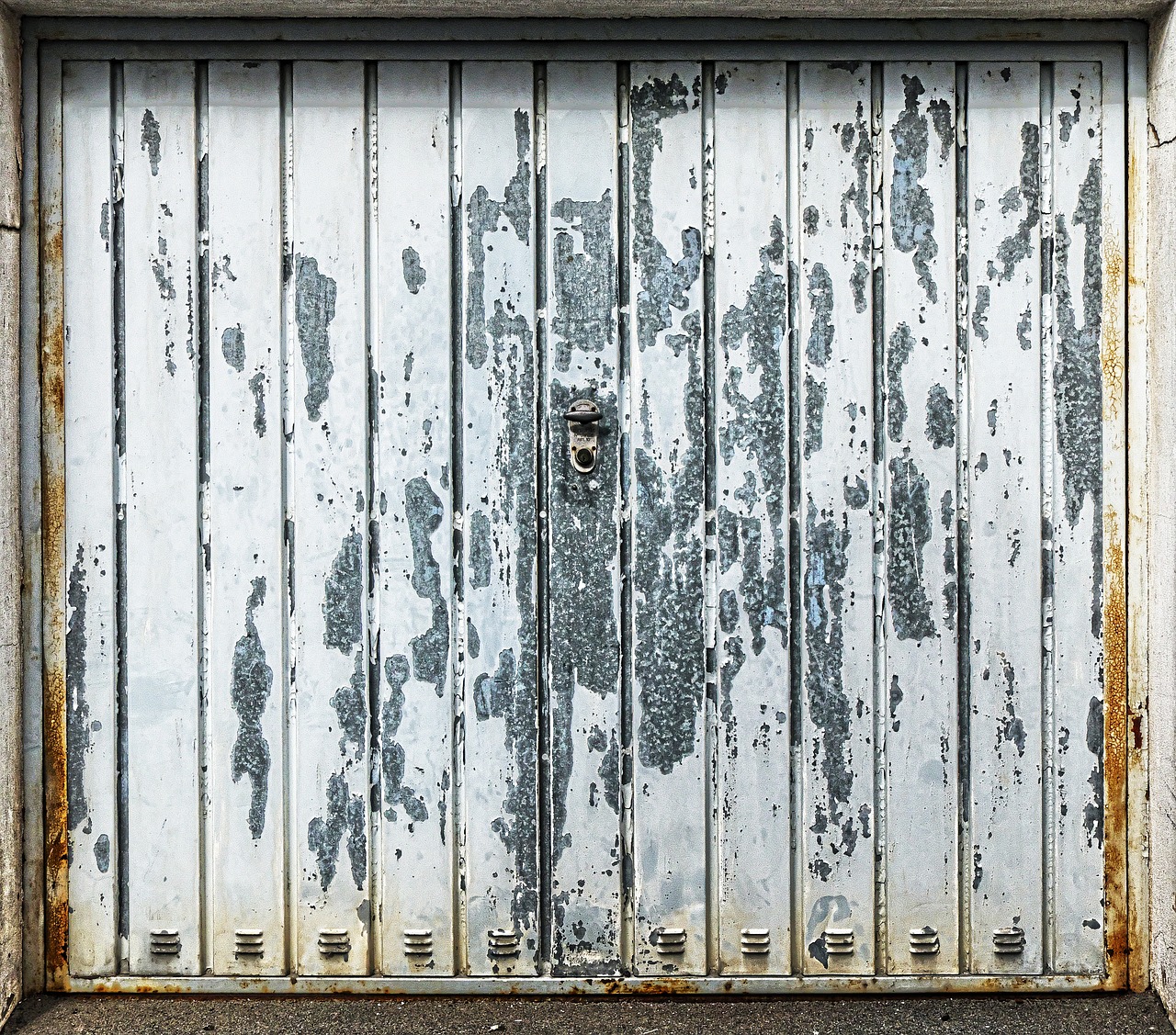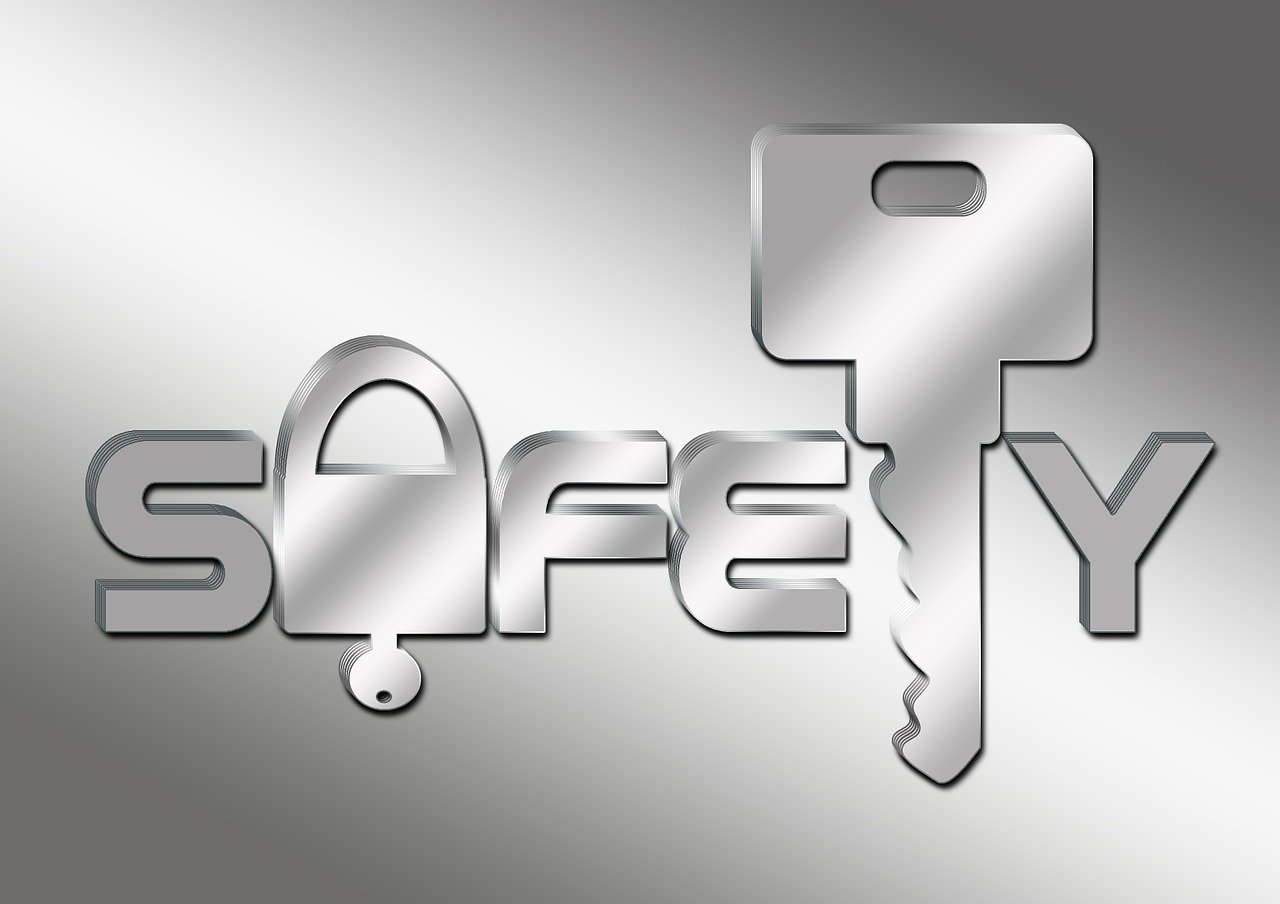
Home Security Advice: Protecting Your Home and Loved Ones
Table 1: Outline of the Article
- Introduction
- Importance of Home Security
- Assessing Your Home Security Needs
- Securing Entry Points
- Reinforcing Doors
- Strengthening Windows
- Installing a Home Security System
- Types of Home Security Systems
- Choosing the Right System for Your Home
- Outdoor Security Measures
- Installing Outdoor Lighting
- Fencing and Gates
- Home Automation and Smart Security Devices
- Benefits of Home Automation
- Popular Smart Security Devices
- Creating a Security Mindset
- Locking Doors and Windows
- Securing Valuables
- Maintaining Privacy on Social Media
- Neighborhood Watch Programs
- Benefits of Neighborhood Watch
- Getting Involved
- Emergency Preparedness
- Creating an Emergency Plan
- Staying Safe During Power Outages
- Conclusion
- Frequently Asked Questions (FAQs)
Home Security Advice: Protecting Your Home and Loved Ones
Home is a sanctuary where we should feel safe and secure. However, without proper home security measures in place, our homes and loved ones can be vulnerable to various threats. In this article, we will explore essential home security advice to help you protect your home and ensure the safety of your family. From securing entry points to utilizing modern technology, we’ll cover a range of practical tips to enhance your home security.
1. Introduction
Ensuring the security of your home is a top priority. By implementing effective security measures, you can deter potential intruders, prevent burglaries, and create a safe living environment. In this comprehensive guide, we will discuss various aspects of home security, including assessing your needs, reinforcing entry points, installing security systems, outdoor security measures, home automation, creating a security mindset, participating in neighborhood watch programs, and emergency preparedness.
2. Importance of Home Security
Home security is crucial for multiple reasons. It not only protects your belongings but also ensures the safety of your family members. A secure home provides peace of mind, allowing you to rest easy knowing that you have taken proactive steps to safeguard your loved ones. With the increasing rates of burglaries and intrusions, investing in home security measures has become more important than ever.
3. Assessing Your Home Security Needs
Before diving into specific security measures, it’s essential to assess your home security needs. Start by evaluating the current security features and potential vulnerabilities of your property. Identify areas that require improvement, such as weak entry points or insufficient outdoor lighting. By understanding your specific needs, you can develop a targeted security strategy.
4. Securing Entry Points
Securing the entry points of your home is a fundamental step in enhancing security. Burglars often target weak doors and windows as easy access points. Here are some strategies to reinforce these areas:
4.1 Reinforcing Doors
Ensure that all exterior doors are made of solid materials, such as metal or solid wood. Install deadbolt locks with at least a one-inch throw. Reinforce door frames and hinges with sturdy metal plates. Consider using a door security bar or chain for added protection.
4.2 Strengthening Windows
Install window locks on all accessible windows. Reinforce glass with security film or laminated glass. Consider adding window bars or grilles, especially for vulnerable ground-level windows. Keep vegetation trimmed near windows to eliminate potential hiding spots.
5. Installing a Home Security System
One of the most effective ways to protect your home is by installing a reliable home security system. There are various types of systems available, including:
5.1 Types of Home Security Systems
- Monitored systems: These systems are connected to a monitoring center that notifies authorities in case of an emergency.
- Unmonitored systems: These systems trigger an audible alarm when activated but don’t have professional monitoring.
- Wireless systems: These systems use wireless technology for easy installation and flexibility.
- DIY systems: Do-it-yourself systems allow you to customize and install the security components yourself.
5.2 Choosing the Right System for Your Home
When selecting a home security system, consider factors such as your budget, the size of your home, and your specific security needs. Research different providers, read customer reviews, and compare features before making a decision.
6. Outdoor Security Measures
Securing the exterior of your property is essential for deterring potential intruders. Implement the following outdoor security measures:
6.1 Installing Outdoor Lighting
Proper outdoor lighting can make a significant difference in deterring burglars. Install motion-activated lights near entry points, pathways, and dark areas around your home. This not only enhances security but also improves visibility for you and your neighbors.
6.2 Fencing and Gates
Install a sturdy fence around your property, preferably one that is difficult to climb. Ensure the gate is secured with a robust lock. A fence not only acts as a physical barrier but also adds an additional layer of security and privacy.
7. Home Automation and Smart Security Devices
Advancements in technology have revolutionized home security. Home automation and smart security devices offer convenience, control, and enhanced security. Consider the following options:
7.1 Benefits of Home Automation
Home automation allows you to control various aspects of your home, including security systems, lighting, temperature, and even appliances. With remote access via smartphone apps, you can monitor your home from anywhere, improving overall security and energy efficiency.
7.2 Popular Smart Security Devices
- Smart door locks: Replace traditional locks with keyless entry systems controlled through smartphone apps or passcodes.
- Video doorbells: See and communicate with visitors at your door via a built-in camera and two-way audio.
- Security cameras: Install indoor and outdoor cameras to monitor your property and receive real-time alerts.
- Smart sensors: These devices detect motion, door/window openings, or changes in environmental conditions and send notifications to your smartphone.
8. Creating a Security Mindset
Apart from implementing physical security measures, it’s essential to develop a security mindset within your household. Adopt these practices to strengthen your overall security:
8.1 Locking Doors and Windows
Always lock your doors and windows when leaving the house, even if it’s just for a short time. This simple habit can prevent opportunistic burglaries.
8.2 Securing Valuables
Store valuable items, such as jewelry, important documents, and electronics, in a safe or hidden location within your home. Consider installing a home safe for added protection.
8.3 Maintaining Privacy on Social Media
Avoid sharing your travel plans or too much personal information on social media. Broadcasting your absence can make your home a target for burglars.
9. Neighborhood Watch Programs
Participating in a neighborhood watch program can significantly contribute to the security of your community. These programs involve residents actively looking out for suspicious activities and reporting them to the police. Joining or starting a neighborhood watch program helps foster a sense of community and promotes collective security.
9.1 Benefits of Neighborhood Watch
- Deters criminal activity: The presence of an active neighborhood watch can discourage criminals from targeting your area.
- Promotes community cohesion: Neighbors working together build strong relationships and create a unified front against crime.
- Increases communication: Regular meetings and communication channels enable residents to stay informed and share security tips.
9.2 Getting Involved
Contact your local law enforcement agency to inquire about existing neighborhood watch programs in your area. If there isn’t one, consider organizing a meeting to discuss community security and establish a watch group.
10. Emergency Preparedness
Preparing for emergencies is crucial for maintaining the safety of your household. Consider the following steps:
10.1 Creating an Emergency Plan
Develop a family emergency plan that includes evacuation routes, a designated meeting place, and contact information for emergency services. Practice the plan with your family members to ensure everyone knows what to do in case of an emergency.
10.2 Staying Safe During Power Outages
Invest in alternative light sources, such as flashlights or battery-powered lamps, to navigate your home during power outages. Keep a stock of non-perishable food, water, and essential supplies in case of extended power cuts or severe weather events.
11. Conclusion
Protecting your home and loved ones should be a top priority. By implementing the home security advice mentioned in this article, you can significantly reduce the risk of burglary and enhance the safety of your household. Remember to assess your specific security needs, reinforce entry points, consider installing a home security system, utilize outdoor security measures, explore home automation options, develop a security mindset, participate in neighborhood watch programs, and prepare for emergencies. Stay vigilant and take proactive steps to safeguard your home and the well-being of your family.
12. Frequently Asked Questions (FAQs)
1. Is a home security system worth the investment? Yes, a home security system provides an added layer of protection and peace of mind. It deters burglars and can alert authorities in case of an emergency.
2. What should I consider when choosing a home security system? Consider factors such as your budget, the size of your home, the level of monitoring required, and the specific features and technology you prefer.
3. Are smart security devices secure against hacking? While no system is completely immune to hacking, reputable manufacturers implement robust security measures to protect against breaches. Ensure you follow best practices, such as using strong passwords and regularly updating device firmware.
4. How can I get involved in a neighborhood watch program? Reach out to your local law enforcement agency to inquire about existing programs. If there isn’t one, consider organizing a meeting with your neighbors to discuss forming a neighborhood watch group.
5. What should I include in my emergency preparedness kit? Your emergency kit should include essential supplies such as non-perishable food, water, flashlights, batteries, a first aid kit, and important documents in a waterproof container.
continue reading
Related Posts
Garage Doors and Heavy-Duty Shutter Locks for Extra Security Table […]
Lock Snapping, Secure Lock Cylinders Introduction Understanding Lock Snapping The […]








